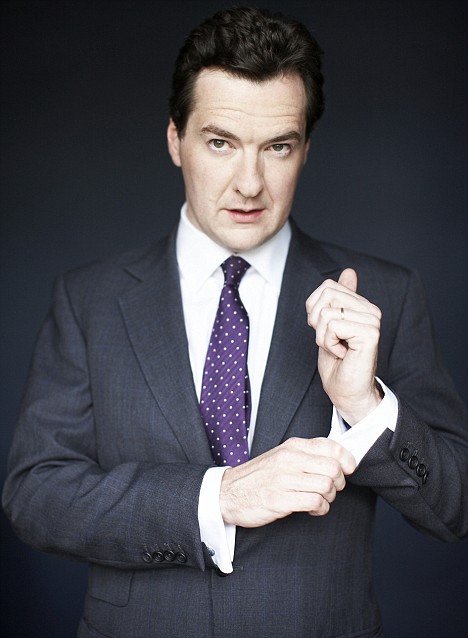When the Conservatives took control of Britain
Instead the government decided to decrease spending and raise taxes. The results of that policy (results lag implementation) resulted in low growth in the 2nd quarter. Now the employment figures in Britain show higher unemployment.
Britain's sluggish economic recovery is taking its toll on the labour market, official figures showed today, as unemployment unexpectedly rose for the first time in six months.
The country's jobless rate stood at 2.49 million or 7.9% between April and June, the Office for National Statistics said, after the total number of unemployed increased by 38,000.
For some reason, this was unexpected.
The increase was the largest since May 2009 and the first since January, while economists had expected a fall of around 10,000.
But as expected, the unemployment hit the most vulnerable members of Britain
 |
| And what does 20% youth unemployment look like? It looks something like this. |
the number of unemployed women hit levels not seen in more than 23 years, while youth unemployment covering the ages between 16 and 24 moved closer to the politically sensitive one million marker at 949,000 or 20.2%, up 0.2% from the three months to March.
The government put a positive face on things, as governments do. The Treasury Secretary (not his real title) said
 |
| British Chancellor Osborne Nothing Up His Sleeve to Help Employment in Britain |
"There is some good news that employment, those in work, is still going up. We are creating jobs in this economy as well as jobs being lost."
Here is what good news looks like to the British government.
“The number of people unemployed for up to six months increased by 66,000 over the quarter to reach 1.23 million - the largest quarterly increase in two years.
The number of unemployed men increased by 18,000 to 1.45 million, while jobless women increased by 21,000 to 1.05 million - the highest figure since May 1988.
The number of employees working part-time because they could not find a full-time job increased by 83,000 on the quarter to reach 1.26 million - the highest figure since records began in 1992.
The number of men claiming JSA increased by 21,500 to reach 1.05 million and the number of women claimants increased by 15,600 to reach 512,700, the highest figure since April 1996.
The employment rate in the UK
Yep, good news all around. Is this what they mean by the phrase “Coming to America



No comments:
Post a Comment